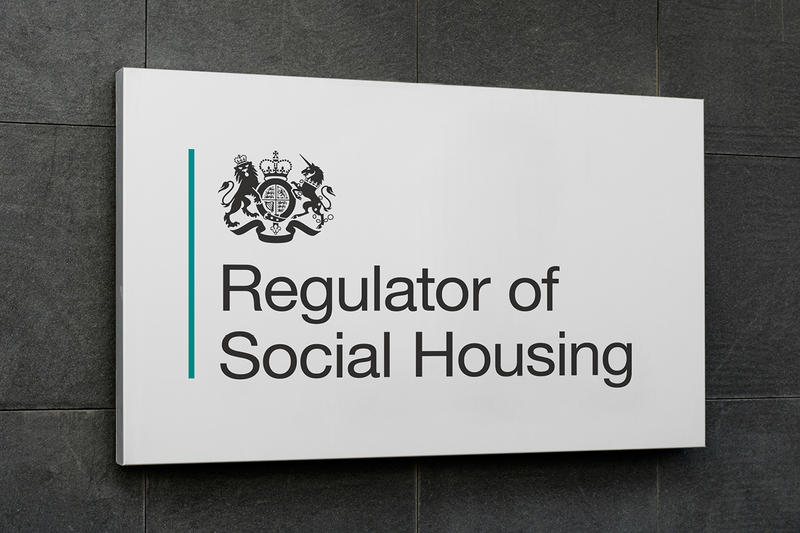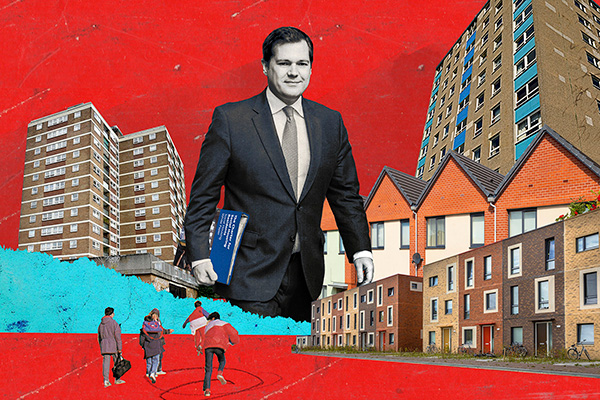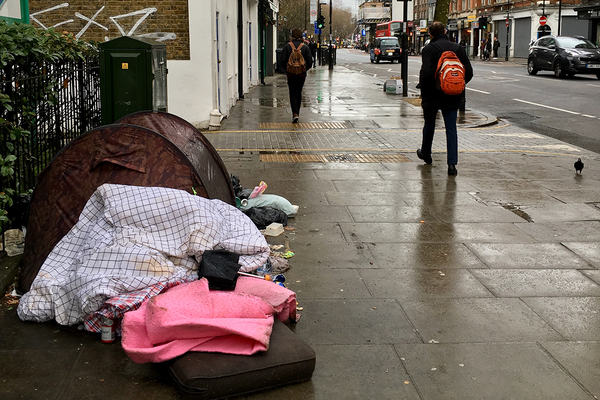You are viewing 1 of your 1 free articles
RSH ‘keen to strengthen links’ with council housing departments ahead of white paper changes
England’s social housing regulator has expressed a desire to “strengthen” its relationship with local authority housing departments ahead of sweeping changes to consumer regulation in the sector.
Fiona MacGregor, chief executive of the Regulator of Social Housing, wrote to councils yesterday reminding them of reforms signalled by ministers in the Social Housing White Paper that was published in November.
A central plank of the government’s response to the Grenfell Tower fire, the white paper laid out plans to move back to a proactive system of regulating consumer standards in the social housing sector, with landlords subject to regular inspections and assessment against tenant satisfaction data.
Currently the RSH is restricted to intervening in consumer matters only on a reactive basis when there are serious concerns.
Councils are not yet subject to proactive engagement with the RSH, unlike housing associations which are routinely checked against the regulator’s governance and financial viability standards.
Some commentators have suggested that measures set out in the white paper may prove a particular challenge for the 165 or so stock-retaining local authorities in England because of their less active involvement with the watchdog.
The RSH’s most recent Consumer Regulation Review, published in September, identified a surge in councils breaching its consumer standards, with most of the cases involving potential safety issues.
“The outcomes set out by the white paper’s charter are about the relationship between landlord and tenant and how landlords can work with their tenants more effectively,” Ms MacGregor wrote.
“The white paper sets a clear direction of travel and we encourage all landlords, including local authority landlords, ALMOs and TMOs [tenant management organisations] to consider what steps they can take now to follow it.
“As we begin the work of implementing the new consumer regulation regime, we are keen to strengthen our links with the local authority housing sector and engage and work with you as we develop our approach.”
The RSH is currently working on a plan to implement the white paper proposals to strengthen consumer regulation.
Ms MacGregor said the regulator has identified three tests for the new regime: it must make a meaningful difference to tenants, it must be deliverable by landlords, and the RSH must be able to regulate it effectively.
Changes to consumer standard will be “by far the most important” aspect of delivering the new regime, she added, with agreeing the right level of proactive consumer regulation activity and set of tenant satisfaction measures the two other broad areas being considered.
The RSH also wrote to all registered social landlords last week reminding them of their obligations to provide rent collection data for 2020/21, warning that it will follow up “proportionately” where the figures point to potential compliance issues.
Sign up for Inside Housing’s weekly Grenfell Inquiry newsletter
Each week our sister publication Inside Housing sends out a newsletter rounding up the key news from the Grenfell Inquiry, along with exclusive analysis of what it all means for the social housing sector.
Already have an account? Click here to manage your newsletters












